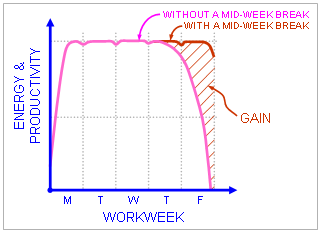Be nice and smile to everyone you meet. You don’t know what they are going through, and they may need that smile, and treasure it.
—Unknown
An eye for an eye will only make the whole world blind.
—Mohandas K. Gandhi (Indian Hindu Political leader)
Be not afraid of growing slowly, be afraid only of standing still.
—Chinese Proverb
One word frees us of all the weight and pain of life; that word is love.
—Sophocles (Ancient Greek Dramatist)
Happiness cannot come from without. It must come from within.
—Helen Keller (American Author)
Courage is not the absence of fear but rather the judgment that something is more important than fear. The brave may not live forever but the cautious do not live at all.
—Unknown
A ship is safest at the harbor, but that is not where it is supposed to be.
—N. R. Narayana Murthy (Indian Businessperson)
When you lose, don’t lose the lesson.
—The 14th Dalai Lama (Tibetan Buddhist Religious Leader)
You can tell whether a man is clever by his answers. You can tell whether a man is wise by his questions.
—Naguib Mahfouz (Egyptian Novelist)
Courage is not the absence of fear, but rather the judgment that something else is more important than fear.
—Ambrose Hollingworth Redmoon (James Neil Hollingworth)
A ship in harbor is safe, but that is not what ships are built for.
—John Augustus Shedd
